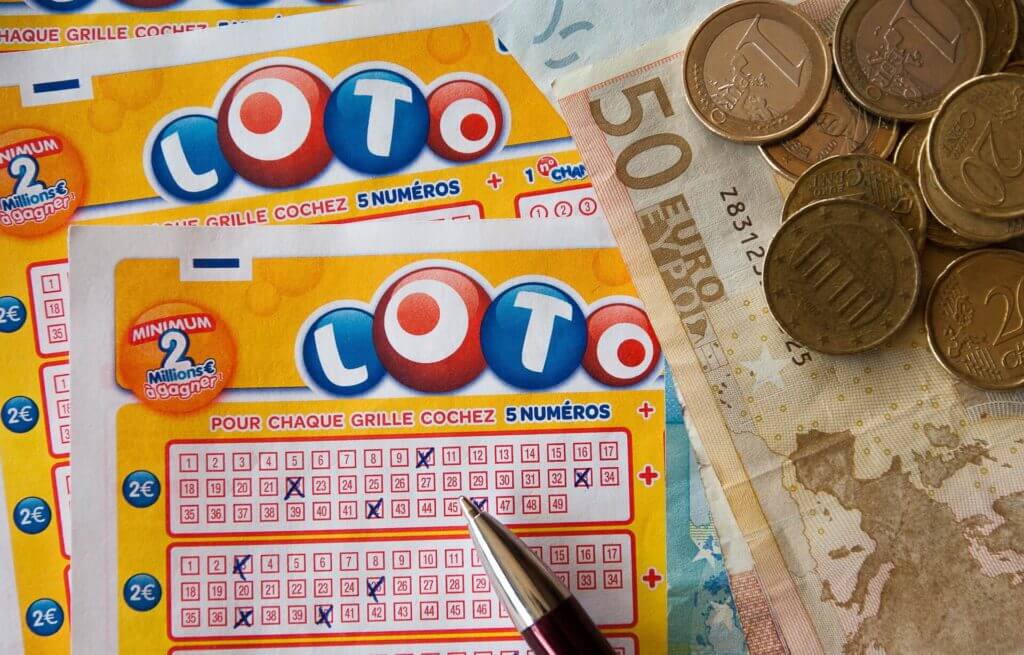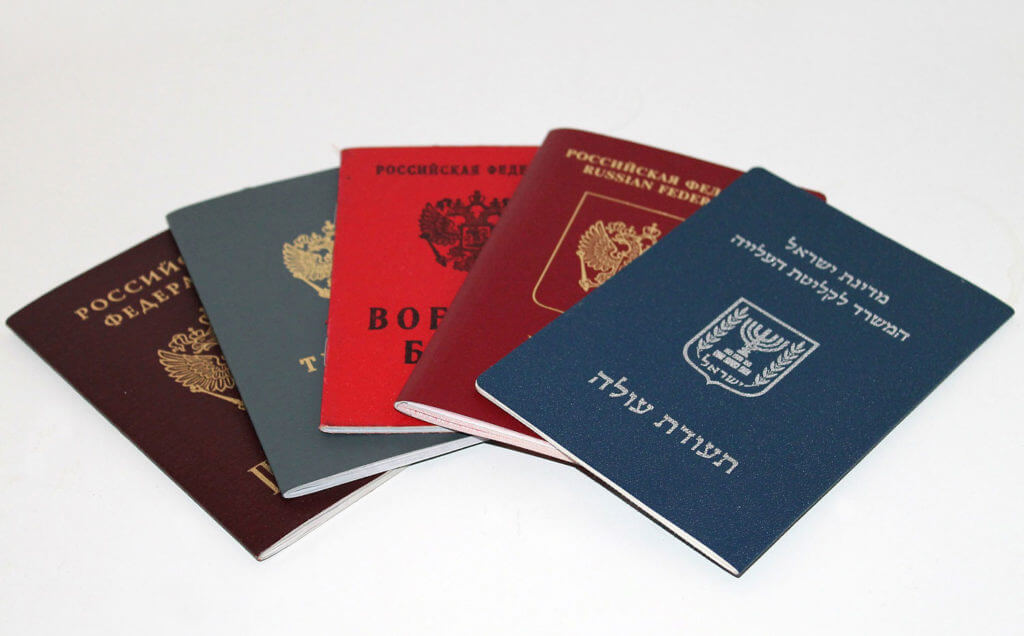Amendment 168 of the Income Tax Ordinance establishes an exemption for a “new immigrant” and a “senior returning resident”:10 years of exemption from tax on all income from outside Israel. The exemption applies both to payment of tax and reporting of income and assets. But what happens when the 10 years of benefits end, and those immigrants and returning residents must report all their income from anywhere in the world?
There is a dispute regarding the commencement date of receiving benefits. This dispute of course affects the end of the benefits period issue. When examining a new immigrant or senior returning resident who is nearing the end of the exemption period, we will check when and how they became a resident of Israel, what existing assets they have that are enjoying the benefits, what businesses they are involved in and how to maximize the tax benefits in the ordinance for each case and type of income. In addition, to prevent future disputes with the tax authorities.
In this article, we will detail the exemptions given and what issues may arise at the end of the exemption period.
Business Income
Section 14(a) of the ordinance establishes for a new immigrant and senior returning resident, an exemption from tax for ten years from the date they first became residents of Israel or senior returning residents, on their income from all sources, as listed in Sections 2, 2a and 3 of the ordinance (such as income from work or business abroad, passive income including interest, dividends, pensions, royalties and rental fees), produced or accrued outside of Israel.
At the end of the exemption period, all income must be reported and taxed. Therefore, it is necessary to plan in advance how to maximize the tax benefits contained in the ordinance for each case and type of income. This will include classification and mapping of income for future planning. For example, investing in countries whose treaty with Israel is more lenient, etc.
Capital Gains
Section 97(b)(3) of the ordinance establishes that a new immigrant or senior returning resident are exempt from tax on capital gains from the sale of assets they had outside of Israel, if sold within ten years from the day they became residents of Israel, regardless of the date of their purchase.
Additionally, according to Section 97(b)(3)(3) of the ordinance, a first-time resident of Israel or a senior returning resident are exempt from tax on capital gains they had from the sale of a security of an Israeli resident company whose security is not traded on the Israeli stock exchange on the sale date, provided that on the date of purchase of the security they were a foreign resident.
Regarding a returning resident (regular), the exemption from capital gains tax according to Section 97(b)(2) is valid for ten years from the date of his return to Israel, for the sale of an asset he purchased outside of Israel only during the period when the returning resident had foreign resident status and before he returned to Israel. The capital gains tax exemption also applies to “beneficial securities” (Israeli and foreign traded securities in a bank account that were purchased while he was a foreign resident) by a returning resident.
The provisions of Section 97(b)(3) of the ordinance, state that at the end of the ten years, the exemption for the new immigrant or returning resident (senior or regular) will not be canceled but will decrease linearly. And also, losses will not be deducted for setoff.
Controlled Foreign Company and Foreign Professional Company
A new immigrant and senior returning resident are excluded from being considered residents of Israel in terms of a Controlled Foreign Company (CFC) or Foreign Professional Company (FPC). Meaning that in the years of exemption those residents are considered foreign residents for the purpose of examining the company (CFC and FPC terms).
As stated, returning residents and new immigrants are not considered residents of Israel and therefore do not affect the status of a company as CFC or FPC. But at the end of the exemption, the residents will be considered residents of Israel and the companies in their possession will become CFCs or FPCs according to their nature.
In other words, to the extent that the money (dividends) was not distributed to these residents, in practice during the years of exemption – they will not stand to their credit at the end of the period as exempt but the full tax will be paid on the amounts received by them.
It is necessary to plan and distribute the money before the exemption period ends as much as possible. These are just a few examples of situations where tax can be planned and exemptions utilized even after the end of the period.
In summary, it is very important to plan in advance the end of the exemption period. Our office has extensive experience assisting returning residents and new immigrants in reducing tax risks in Israel and abroad and maximizing the benefits provided to them.












